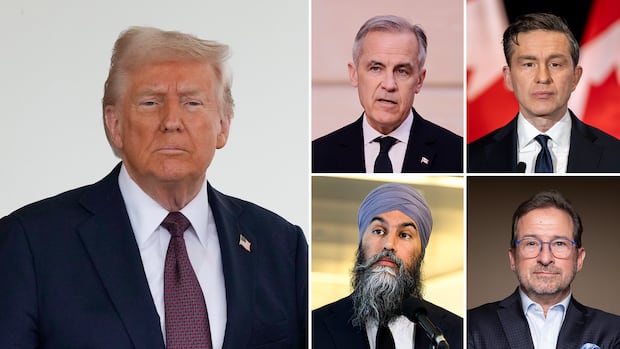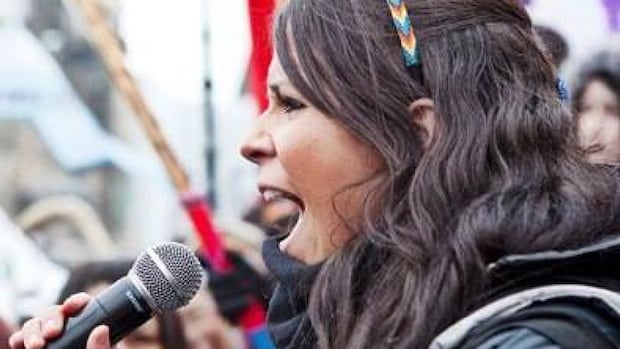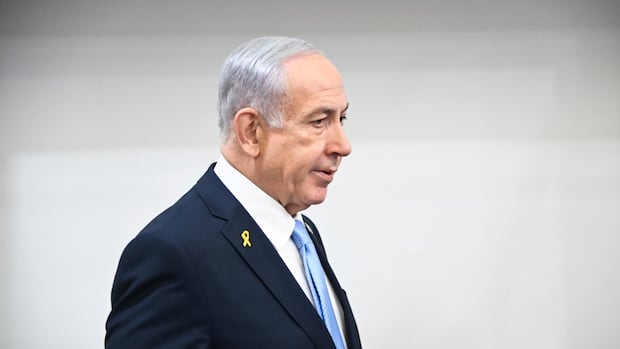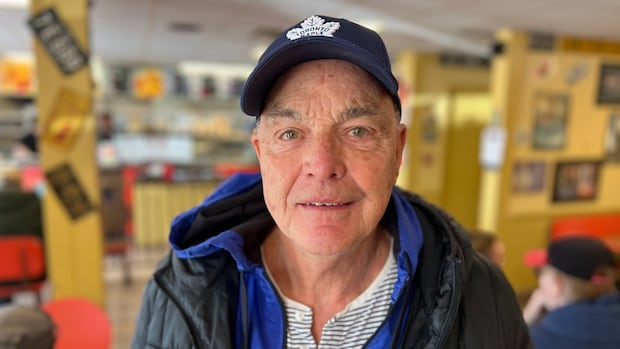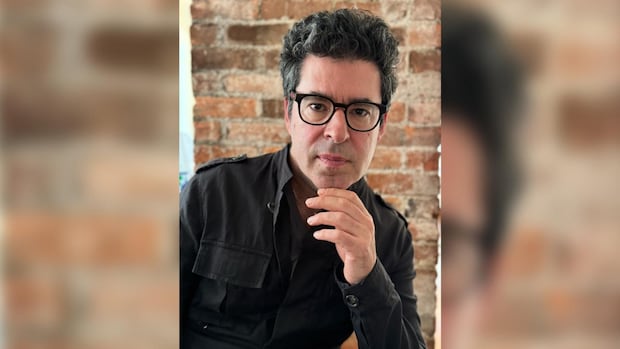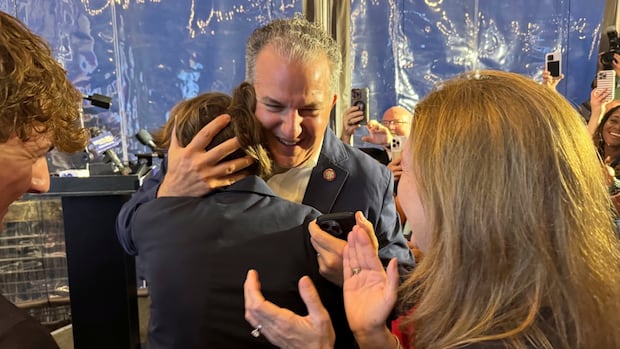U.S. Attorney General Pam Bondi said Tuesday that she has directed prosecutors to seek the death penalty against Luigi Mangione, the man accused of gunning down UnitedHealthcare CEO Brian Thompson, following through on the president's campaign promise to vigorously pursue capital punishment.
It is the first time the Justice Department has sought to bring the death penalty since President Donald Trump returned to office in January with a vow to resume federal executions. Bondi's decision to do so in the high-profile case against Mangione, who has drawn a following of supporters upset with the health-care industry, underscores the attorney general's commitment to carrying out the president's push for new death penalty cases.
Trump oversaw an unprecedented run of executions at the end of his first term and has been an outspoken proponent of expanding capital punishment. Bondi's order comes weeks after she lifted a moratorium on the federal death penalty that that had been imposed under former president Joe Biden's administration.
"Luigi Mangione's murder of Brian Thompson — an innocent man and father of two young children — was a premeditated, cold-blooded assassination that shocked America," Bondi said in a statement that described Thompson's killing as "an act of political violence."
WATCH | Mangione could face death penalty with new federal charges: Federal prosecutors in Manhattan levelled four new charges against alleged UnitedHealthcare CEO killer Luigi Mangione, including a count of murder that could bring the death penalty.Mangione, a 26-year-old Ivy League graduate, is accused of gunning down Thompson in December outside a Manhattan hotel where UnitedHealthcare was about to hold an investor conference. Thompson, who was 50 and had two children in high school, worked for decades within UnitedHealthcare and its parent company.
Mangione faces separate federal and state murder charges for the killing, which rattled the business community while galvanizing health insurance critics. The federal charges include murder through use of a firearm, which carries the possibility of the death penalty. The state charges carry a maximum punishment of life in prison. Mangione has pleaded not guilty to a state indictment and has not entered a plea to the federal charges.
Not clear if order of federal, state cases to changeProsecutors have said the two cases will proceed on parallel tracks, with the state case expected to go to trial first. It wasn't immediately clear whether Bondi's announcement would change the order.
A message seeking comment was left for a spokesperson for Mangione's lawyers.
Thompson's killing alarmed the corporate world, where some health insurers hastily switched to remote work or online shareholder meetings. The case also channeled some Americans' frustrations with health insurance companies.
WATCH | Mangione pleads not guilty in December: Luigi Mangione, the man accused of fatally shooting the CEO of UnitedHealthcare, pleaded not guilty on Monday to state murder and terror charges. Former U.S. federal prosecutor Roland Riopelle breaks down where Mangione’s case stands.Mangione's writings and words on bullets recovered from the scene reflected animus toward health insurers and corporate America, authorities have said.
Surveillance video showed a masked gunman shooting Thompson from behind. Police say the words "delay," "deny" and "depose" were scrawled on the ammunition, mimicking a phrase commonly used to describe insurer tactics to avoid paying claims.
Mangione was arrested in Altoona, Penn, about 370 kilometres west of New York City, after a five-day manhunt.
Mangione's lawyer seeking to suppress some evidencePolice said Mangione had with him a nine-millimetre handgun that matched the one used in the shooting, and other items including a fake ID and a notebook described by authorities as a "manifesto" in which they say he expressed hostility toward the health insurance industry and wealthy executives.
Among the entries in the notebook, prosecutors said, was one from August 2024 that said "the target is insurance" because "it checks every box," and one from October that describes an intent to "wack" an insurance company CEO.
UnitedHealthcare is the largest health insurer in the U.S., though the company said Mangione was never a client.
Mangione's lawyer, Karen Friedman Agnifilo, has said she would seek to suppress some of the evidence seized during his arrest. She has also taken issue with the parallel prosecutions, accusing "warring jurisdictions" of turning Mangione into a "human ping-pong ball."
After his arrest, Mangione was whisked by plane and helicopter back to New York and walked slowly up a Manhattan pier in a highly choreographed spectacle by a throng of officers with assault rifles, and a contingent that included New York City Mayor Eric Adams.
Trump signed an executive order on his first day back in office on Jan. 20 that compels the Justice Department to seek the death penalty in federal cases where applicable. Trump's administration carried out 13 federal executions during his first term, more than under any president in modern history.
Biden campaigned on a pledge to work toward abolishing federal capital punishment, but took no major steps to that end.
While then-attorney general Merrick Garland halted federal executions in 2021, Biden's Justice Department at the same time fought vigorously to maintain the sentences of death row inmates in many cases.


